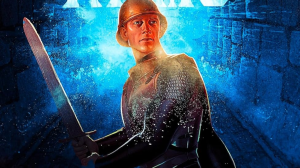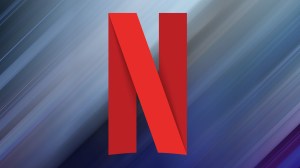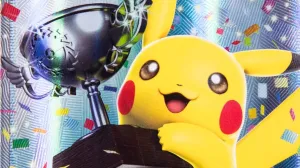Within recent months, Nintendo updated the official timeline for the Legend of Zelda franchise, offering fans some additional clarity about Echoes of Wisdom. While the game featured a Hyrule heavily inspired by A Link to the Past, the game’s graphic style evoked the 2019 remake of Link’s Awakening. We finally have a specific answer from Nintendo, as the company revealed that Echoes of Wisdom takes place in the same timeline branch as those two games, only much further into the future. On one hand, it’s nice to have some clarity, but it also begs the question: does the Zelda timeline actually matter?
Videos by ComicBook.com
The Zelda timeline has been a topic of debate going back to A Link to the Past. That game essentially acted as a reboot of the series, with a new take on Link, and no prior knowledge needed from the first two games. Despite feeling disconnected, Nintendo long insisted that the SNES game was a prequel to the two NES Zelda games. Things got even more complicated with Ocarina of Time, which also seemed to reboot the series entirely from scratch. For a while, it seemed like Zelda was Nintendo’s equivalent to Final Fantasy; some games got direct sequels, and others simply maintained familiar elements between them. No one really complained too much, because the games were some of the best in the industry.
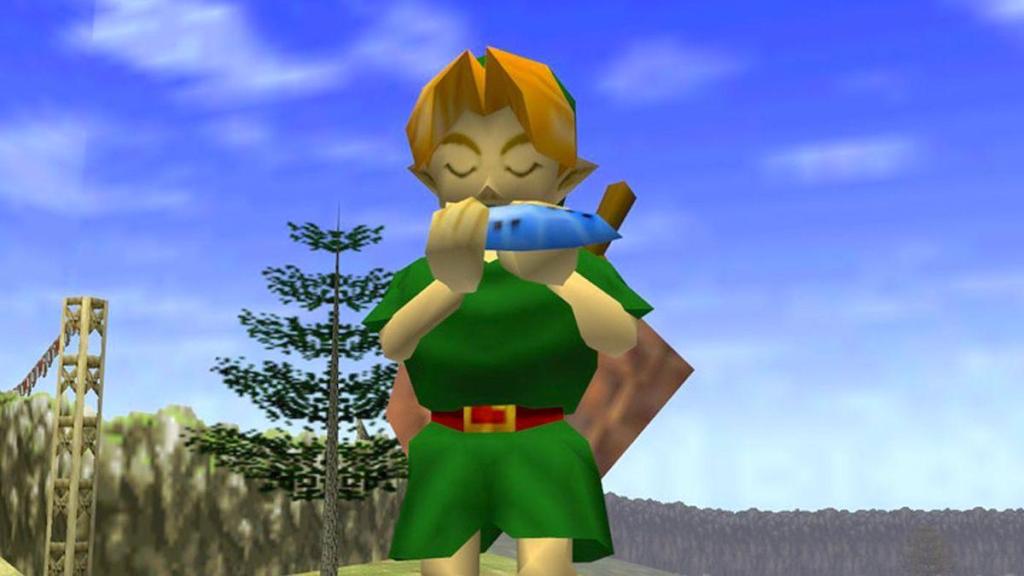
All of this changed with the release of The Legend of Zelda: Hyrule Historia in 2011. In that book, Nintendo offered a significant amount of background information about the series and finally laid out its official Zelda canon. The timeline quickly captured the attention of fans, as it established a definitive starting point (Skyward Sword), and three separate branches that all spun out from the time travel elements in Ocarina of Time. In the years since that book was published, Nintendo has added new games to the timeline, but has waffled a bit with Breath of the Wild and Tears of the Kingdom, which exist outside the rest of the timeline. It remains to be seen whether we’ll see future Zelda games cut off from the timeline in a similar manner, or if the Breath of the Wild continuity was simply a one-off thing.
What’s interesting about the Zelda timeline is that the fans seem to put a lot more stock into it than Nintendo does. The company has often said that it focuses on gameplay first, and story second. Somehow though, when the company does find ways to link the games together, it comes across natural and it feels like there’s a real payoff for having invested in the series. The world map in Echoes of Wisdom is one such example, but there are other ways Nintendo has brought together disparate games. For example, The Wind Waker and Twilight Princess can be enjoyed without any knowledge of past games, but they also act as direct sequels to Ocarina of Time, but in different timeline branches. Having previous knowledge of the series greatly rewarded players in both of those cases.
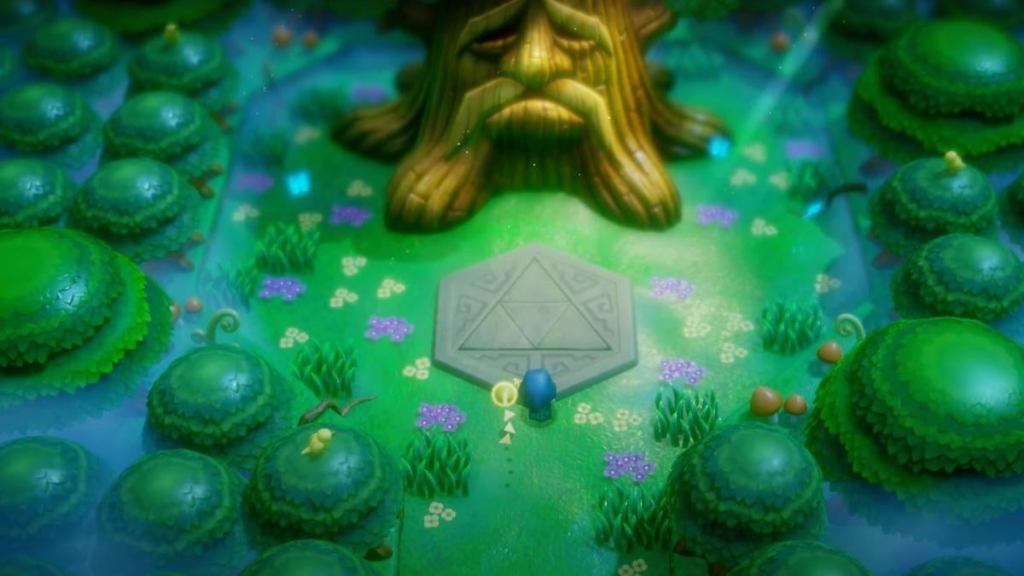
While these ties between games are fun to look for, it feels like Nintendo’s own approach to the Zelda timeline is ultimately the best one. Timeline placement can often become an obsession for Zelda fans, and it often takes over a lot of the franchise discussion online. However, finding out that Echoes of Wisdom and A Link to the Past have some connectivity between them should be icing on the cake, rather than the full dessert. When I played Echoes of Wisdom, the map similarity wasn’t something I immediately put together. I was too invested in new additions like the Echoes system to worry about which games this one might (or might not) be connected to. Some fans might get frustrated that Nintendo has to answer timeline questions after the fact rather than in the game, but I’d rather see the gameplay mechanics remain the team’s primary focus.
RELATED: Nintendo Music Celebrates What Most Streaming Services Devalue
None of this is to say that fans shouldn’t care at all about the timeline. At the end of the day, Zelda fans should get whatever enjoyment they can out of the series, and if it feels more fulfilling when Nintendo keeps the games connected, that’s perfectly okay. However, fans shouldn’t let that take away from all the other elements that the developers have built up. Generally speaking, Nintendo has maintained a high level of quality across each Zelda entry. As long as that continues, the timeline should continue to remain an afterthought, both for Nintendo and for the fanbase.
Do you put a lot of stock into the Zelda timeline? Should Nintendo put more effort in connecting the various Zelda games? Share your thoughts with me directly on Twitter at @Marcdachamp, on Bluesky at @Marcdachamp, or on Instagram at @Dachampgaming!





